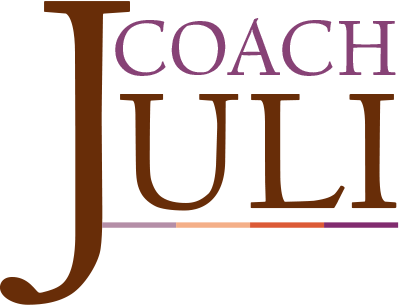 #original_image:95999#
#original_image:95999#
In the last decade there have been more diagnosed cases of Attention Deficit Hyperactivity Disorder (ADHD) than ever before. A study conducted by the Centers for Disease Control shows that the percentage of children in the U.S. diagnosed with ADHD continues to rise, and in 2011 reached an all time high of 11%. The effects of this disorder can be seen at home and at school, as children can become restless easily, and also act out impulsively, which often causes difficulties at school and with peers. ADHD treatment for children and teenagers is often medication. Medicines that have been given a fair amount of press include Ritalin, which is short-acting pill that requires doses every three to four hours, and Adderall, which also only lasts about four hours. Both of these medications also come with extended release options that can beprescribed based on a patient’s needs. These pills can be continued for a long period of time, and could be supplemented by anti-depressants that help treat depression, often a common disorder that accompanies ADHD. While ADHD therapy often includes ADHD coaching, cognitive behavioral therapy to help curb mood swings and sudden outbursts of emotion, as well as time management exercises to keep students on task, there is an increasing concern on the part of the American Psychological Association that children are being over-medicated, and not given a chance to find natural ways to help reduce symptoms of ADHD. One APA study showed that in Virginia alone, 84% of children in the study diagnosed with ADHD had received medication at some point, and that 28% were being medicated with at least two different medicines. The study also concluded that students who underwent a combination of treatments, including programs like ADHD coaching and behavioral therapy, showed the greatest improvement. These concerns have given rise to alternative ADHD treatments, one of which has been gaining repute for its effectiveness. Several studies have been conducted on teens and children in Wilderness Therapy programs, and have found that all students showed an increase in attention span, particularly those with ADHD. In these programs, students travel together and work as a group to participate in activities that keep them engaged and focused. They have to be constantly vigilant, and learn to cooperate with peers. Some of the other beneficial results of this program include a decrease in emotional turmoil after leaving the program, stronger relationships with friends, an increase in self-efficacy, and a change in overall attitude. Other alternative treatments for ADHD include a change in diet, yoga, meditation, and herbal supplements. While these treatments could reduce the symptoms of ADHD, there is no clear evidence of their effect yet. In the mean time, parents could supplement ADHD coaching, cognitive behavioral therapy, and medication with these treatment to see if they help. They may ultimately find that a combination of traditional and alternative treatments are the best fit for their child.
